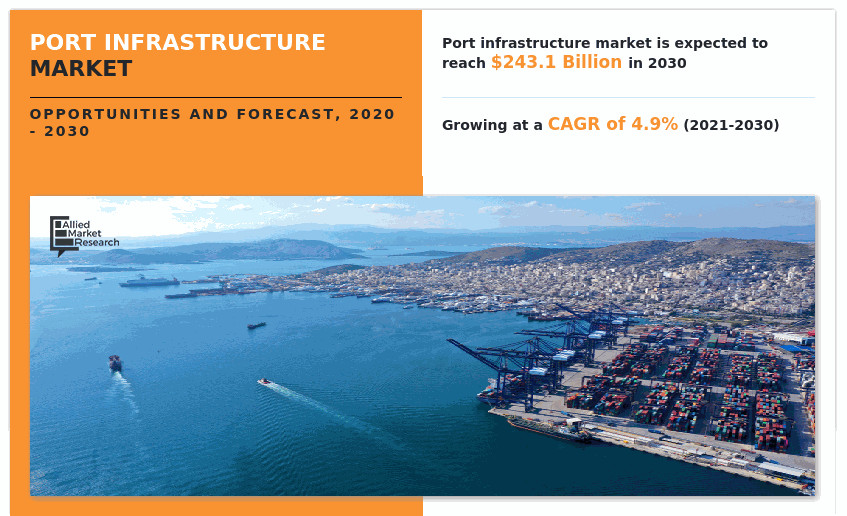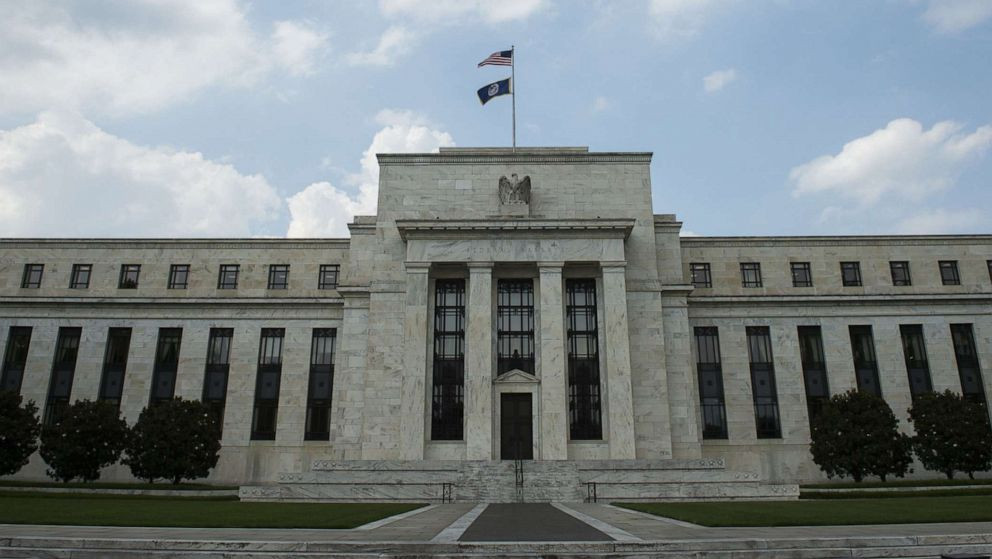Foreign Investors Flock to Emerging Markets as Fed Rate Cuts Loom
Foreign investors injected a net $30.9 billion into emerging market stocks and debt portfolios in August, driven by anticipation of an imminent rate cut from the U.S. Federal Reserve. This significant inflow highlights the growing appeal of emerging markets as investors seek to capitalize on potential gains from lower borrowing costs in the U.S.
Interest Rate Cuts: A Catalyst for Emerging Markets
The IIF, a banking trade group, attributed the substantial influx to the market's expectation of Fed cuts in the near future. Investors are positioning themselves in emerging market debt in anticipation of a more favorable investment environment. The anticipation of a rate cut is evident in the CME's FedWatch Tool, which shows that a rate cut is fully priced in by the end of the current policy-setting meeting, with bets for a quarter-point cut or a half point increasingly favoring the larger reduction.
Regional Diversification: Asia Takes the Lead
The inflow to emerging markets was not evenly distributed across regions. Asia received the largest share of investments with a net inflow of $17 billion, followed by $9.4 billion to Latin America, $2.6 billion to Africa and the Middle East, and $1.9 billion to Emerging Europe. The diverse geographical distribution suggests that the allure of emerging markets extends beyond individual countries and is fueled by a broader sentiment of optimism toward global economic growth.
The Potential for Continued Growth
The IIF economist Jonathan Fortun believes that the wider rate differential between emerging markets and developed markets could attract even more capital to emerging market assets. Countries with stable economic fundamentals and positive growth prospects are expected to benefit most from this trend. The potential for increased capital inflows and favorable interest rate environments suggests that emerging markets are poised for sustained growth in the near future.
A Positive Outlook for Nigeria
The IMF has expressed optimism about the potential impact of Fed rate cuts on Eurobond issuance in emerging markets, particularly in Nigeria. The IMF notes that Eurobond issuance has recovered to $40 billion as central banks in advanced economies have eased monetary policies. This easing has also facilitated a return to the market for emerging markets in the first quarter of 2024.
Nigeria, specifically, is poised to benefit from the anticipated Fed rate cuts, due to its attractive carry trade and its status as one of the most appealing markets in Africa. The country's economic fundamentals and its ability to benefit from capital inflows are key factors contributing to its optimistic outlook. The anticipated rate cuts will make borrowing costs cheaper in the U.S., enabling foreign investors to invest in emerging markets such as Nigeria, potentially contributing to positive capital inflows for the country. This trend could prove particularly beneficial to Nigeria, which has been grappling with a dollar shortage earlier this year.
The Role of Eurobonds in Emerging Markets
Eurobonds play a crucial role in supporting emerging markets by providing access to foreign capital and diversifying funding sources. These international debt instruments, typically denominated in US dollars or euros, enable borrowers to access funding from a broader range of investors, reducing their reliance on domestic markets and promoting economic growth.
A Note on the Data
It's important to note that the data provided by the IIF includes investments in both stocks and debt. While the data highlights a significant inflow of capital into emerging markets, it's crucial to understand that the performance of these investments can vary significantly across different markets and asset classes. Investors should carefully consider their investment strategies and diversify their portfolios to mitigate risks.
The Future of Emerging Markets
As the global economic landscape continues to evolve, emerging markets are likely to play an increasingly important role in driving global growth. The anticipation of Fed rate cuts, combined with the strong fundamentals of many emerging markets, creates a promising environment for investors seeking to capitalize on growth opportunities in these dynamic economies. However, it's important to stay informed about the latest developments in global markets and to make informed investment decisions based on a thorough understanding of individual market dynamics and associated risks.
A Global Opportunity: Seize the Moment
The influx of capital into emerging markets is a testament to the growing confidence in these economies. As investors seek to capitalize on the potential benefits of Fed rate cuts, emerging markets are poised to play a significant role in shaping the future of global finance. The next few months will be critical in determining the trajectory of these markets. The potential for growth is substantial, but investors must remain vigilant and adapt their investment strategies to maximize returns while managing risks effectively.


















